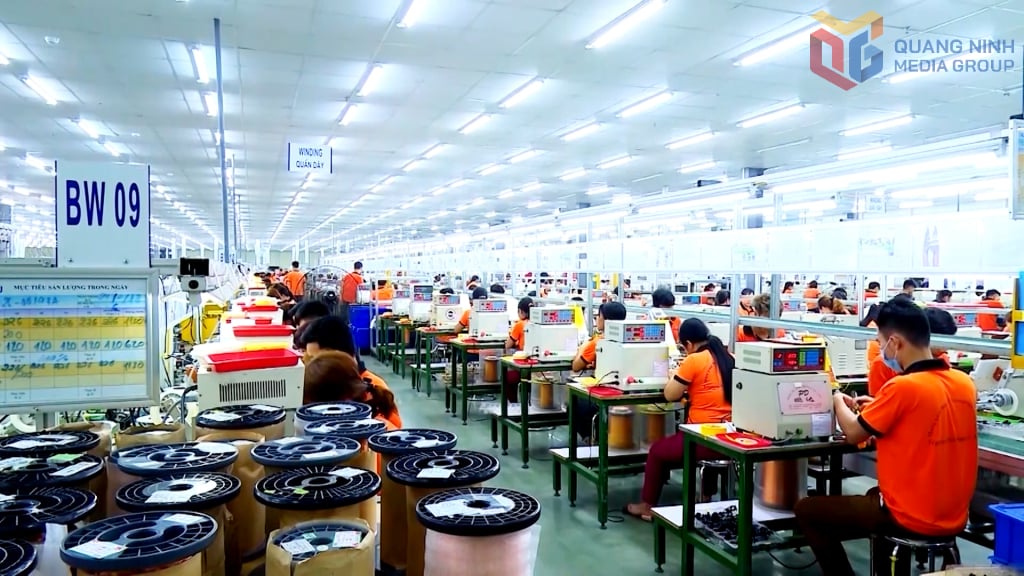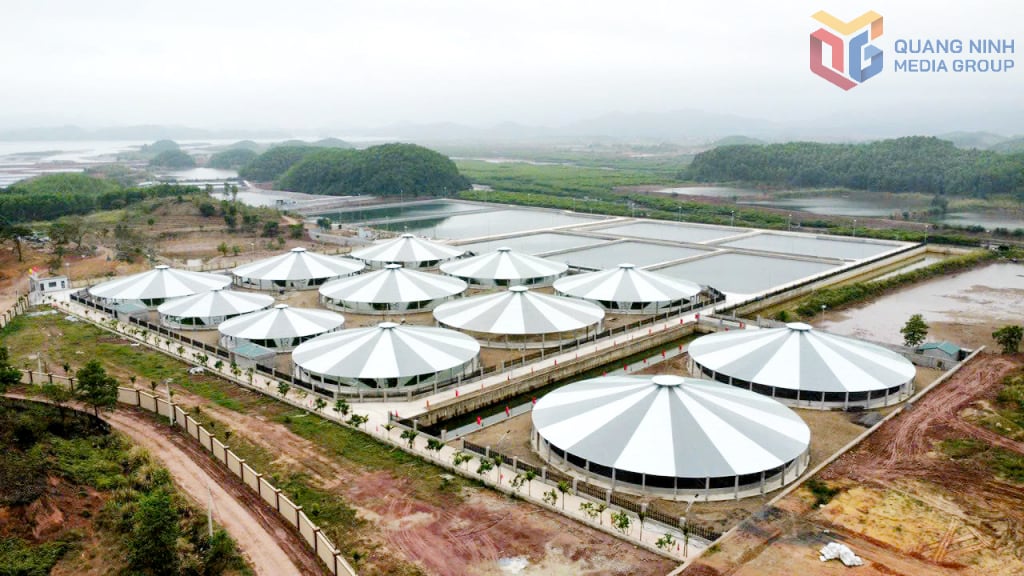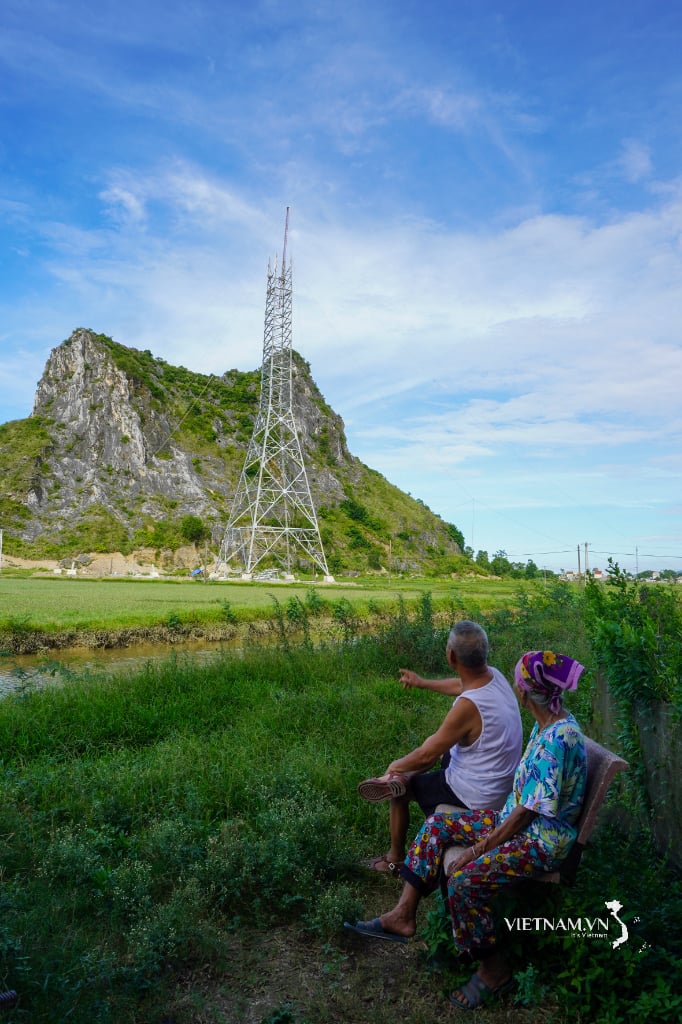During the implementation of vocational training programs, the city effectively implemented policies to support trainees, such as tuition fee waivers and reductions, financial assistance for learning expenses, and job placement assistance after training. Vocational schools and vocational education and continuing education centers in the area have gradually received investment in modern facilities, and the teaching staff has improved their expertise and teaching methods, linking theory with practice.

In particular, vocational training is not only aimed at young people but also extends to farmers, self-employed workers, people in areas undergoing production transformation or affected by urbanization and land clearance; with the coal and mining industries identified as a key focus. The city proactively coordinates with TKV and the Northeast Corporation to implement retraining and vocational conversion courses for coal industry workers. This is part of the roadmap for transforming the economy from a brown to a green model, preparing human resources for high-tech and environmentally friendly industries.
In the processing and manufacturing industry, the proportion of trained workers has increased significantly to meet the needs of developing high value-added industries, especially in the context of the city actively attracting investment in clean energy projects and supporting industries.
In the agricultural and fisheries sectors, the city organizes numerous training courses on cultivation techniques, animal husbandry, and the application of digital technology and automation in agricultural production, aiming for sustainable development and increased income for rural residents. It also allocates sea areas for aquaculture to eligible households and guides them in completing the necessary paperwork for allocating sea areas to businesses and cooperatives. By the first quarter of 2025, 371 households engaged in aquaculture will be prioritized in the technical training program, particularly focusing on environmental hygiene, disease prevention, and the use of environmentally friendly floating materials to replace styrofoam buoys.

Key tourist areas such as Bai Tu Long Bay, Quang Hanh Hot Spring Resort, and Cua Ong Temple create hundreds of new jobs each year, requiring a workforce with specialized skills and a professional demeanor. The city proactively collaborates with accommodation and travel businesses and tourism vocational training centers to organize training courses on service skills, communication, foreign languages, and civilized urban conduct.
Thanks to targeted vocational training, the city's job placement efforts have become more successful. Regular job fairs and employment exchanges are organized in industrial clusters to effectively connect workers and businesses. Youth unions, women's associations, and farmers' associations actively participate in advising, disseminating information, and providing startup loans to disadvantaged groups of workers. Of the 755 workers who found employment in the first quarter of 2025, nearly 40% were self-employed through small-scale family businesses or production group collaborations. The percentage of trained workers in the area reached 95%.
In the coming period, the city will continue to implement comprehensive solutions for human resource development towards standardization, modernization, and flexible adaptation to the requirements of integration; giving top priority to vocational training programs linked to digital transformation, energy transition, high-tech agriculture, and the marine economy.
Source: https://baoquangninh.vn/dot-pha-trong-dao-tao-nghe-giai-quyet-viec-lam-3358028.html






![[Photo] Prime Minister Pham Minh Chinh presides over a meeting on private sector economic development.](/_next/image?url=https%3A%2F%2Fvphoto.vietnam.vn%2Fthumb%2F1200x675%2Fvietnam%2Fresource%2FIMAGE%2F2025%2F12%2F20%2F1766237501876_thiet-ke-chua-co-ten-40-png.webp&w=3840&q=75)
![[Photo] Prime Minister Pham Minh Chinh presides over the conference announcing the establishment of the International Finance Centre in Vietnam.](/_next/image?url=https%3A%2F%2Fvphoto.vietnam.vn%2Fthumb%2F1200x675%2Fvietnam%2Fresource%2FIMAGE%2F2025%2F12%2F21%2F1766309817714_ndo_br_dsc-3400-jpg.webp&w=3840&q=75)






























































































Comment (0)